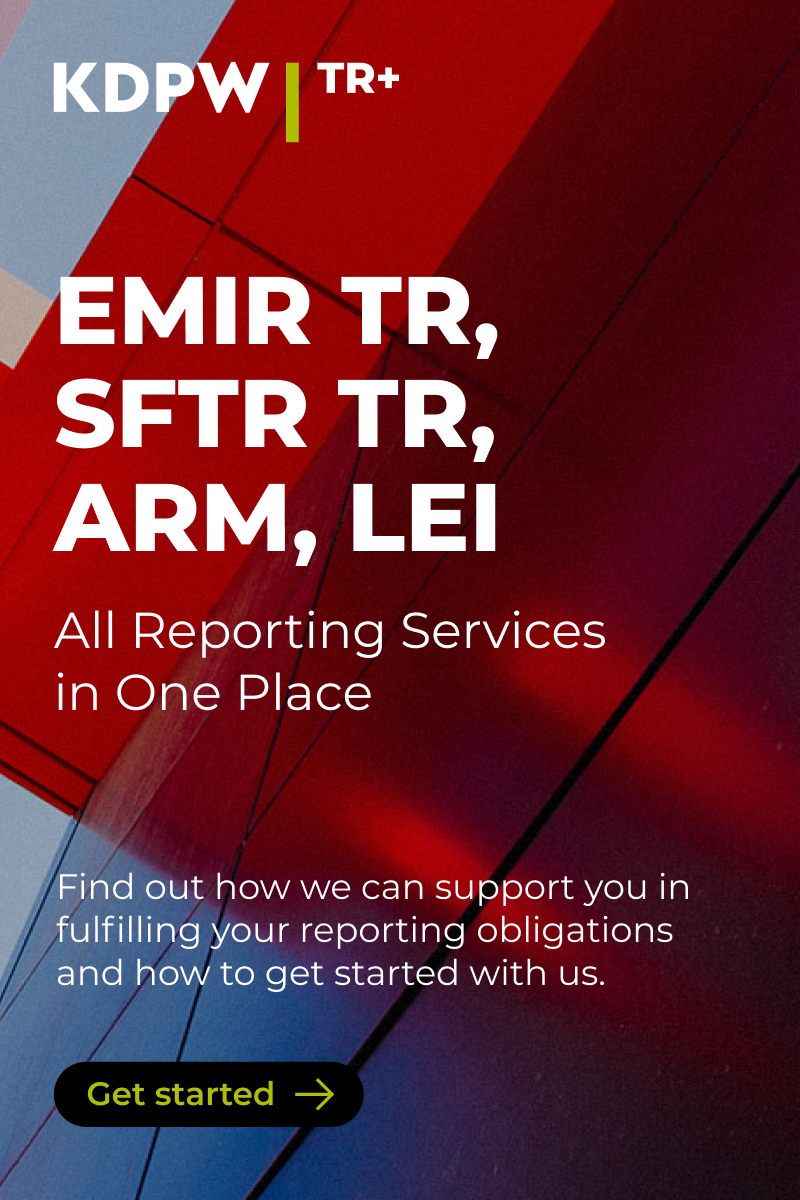The Association for Financial Markets in Europe (AFME) has joined the chorus of industry bodies calling for global consistency across asset segregation regulations.
“Regulatory requirements for segregation through the custody chain (beyond the standard requirements to segregate between proprietary and client assets) have the potential to cause particular problems for collateral management without offering additional protection,” explained the association in its latest report.
In the report, Principles of Asset Segregation, Due Diligence and Collateral Management, AFME raised its concern over the total lack of consistency relating to the meaning of ‘account segregation’ across the various existing and upcoming regulations, as well as a no consensus on what level of segregation is required.
As it stands, this patchwork approach threatens to not only inconvenience market participants but will make some aspects of the collateral management industry inviable, the association argued.
At the same time, AFME argues that the proposed methodology of segregation offered by the European Securities Markets Authority and other regulators would increase risks and costs without providing any real boost to investor assets protection.
Specifically, AFME argues that more external segregated accounts will increase the number of settlement instructions and thereby increasing the likelihood of operational and human error.
There would also be a need for more time and manpower for their creation and maintenance, along with increased reconciliation management.
AFME set out its own proposals on what an asset segregation programme than balanced investor protection and market flexibility should look like.
According to AFME, internal accounts should be fully segregated with underlying assets clearly connected to clients.
External accounts should be segregated between proprietary assets and securities account holder assets, unless local legislation achieves the same objective through equivalent measures.
Due diligence should be fully conducted at every level of the custody chain and risk that cannot be mitigated should be fully disclosed to the securities account holder.
AFME concluded: “Given the wide variety of collateral management activities, it is important that no unnecessary mandatory segregation requirements be imposed through the custody chain.”


